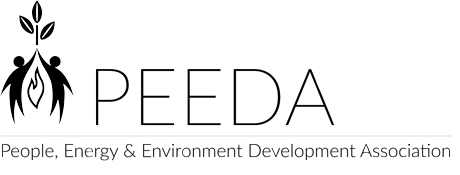Advancing Local Climate Solutions through Regional Collaboration
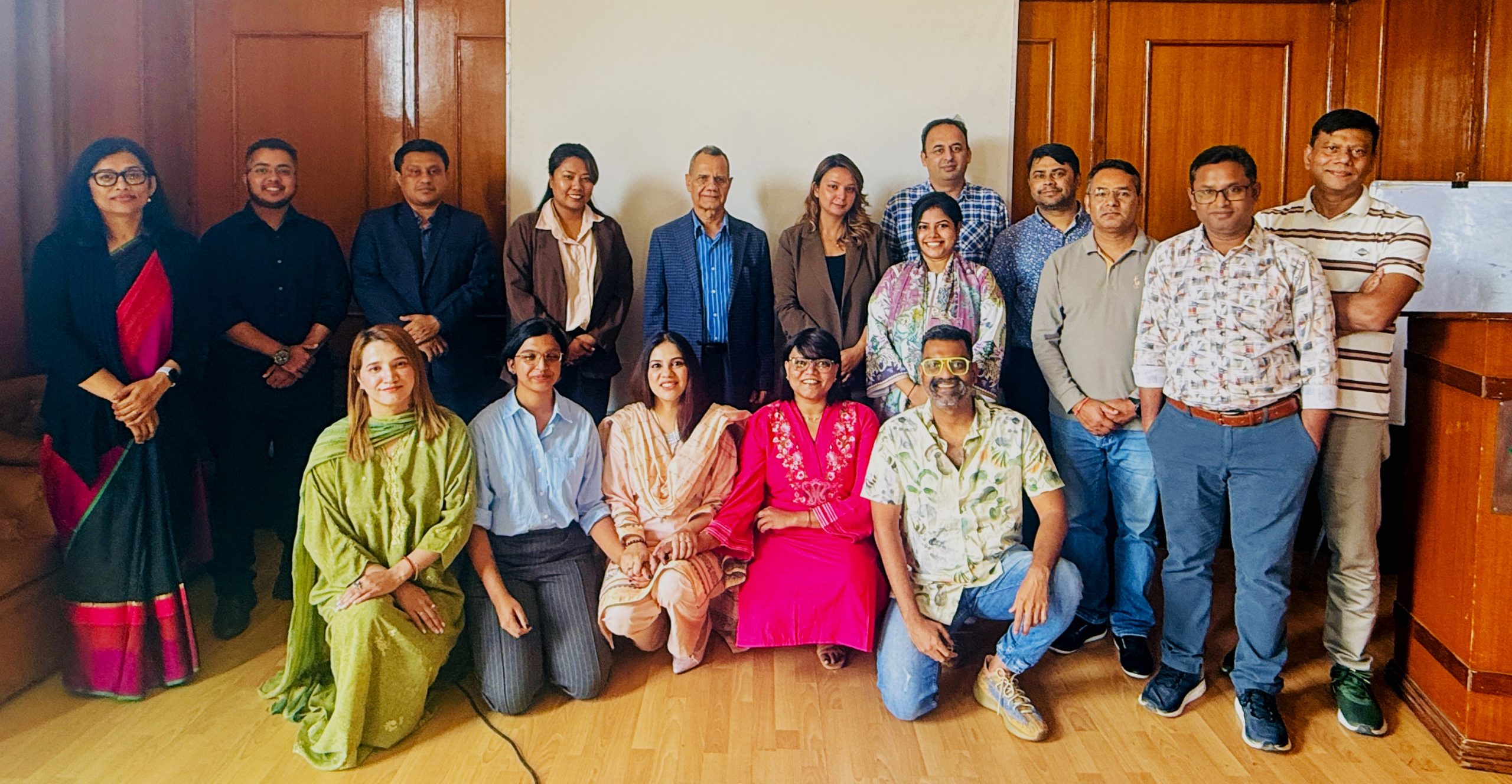
From July 28 to August 2, 2025, Civil Society Organizations from Nepal, Bangladesh, India and Pakistan Convened in Kathmandu for the Inception Workshop of the Regional Enhancement for Climate Adaptation and Partnership (RECAP) project in Kathmandu, Nepal. This four-day regional gathering brought together Consortium Partners from Nepal, Bangladesh, India, and Pakistan to strengthen cross-border collaboration for climate resilience across south Asia.
Supported by Brot für die Welt, RECAP is a joint effort by CSOs from Nepal, India, Pakistan and Bangladesh, to enhance the capacity of the 45 CSOs to address climate change more effectively. Drawing on years of grassroots experience and climate advocacy, the partner organizations are working together to advance a more coordinated and climate-just South Asia. Through RECAP, they are coming together to learn from each other, build stronger networks, and shape a more united regional response to the climate crisis.
Workshop Highlights
Over the four days, the workshop provided a vibrant platform for mutual learning, planning, and strategy development, ensuring a shared vision. A quick glimpse at how the four days unfolded:

Day 1: Setting the foundation
The Workshop began with a comprehensive project orientation to the RECAP project, its objectives, components, and timelines. Each country team then presented on their national climate context, highlighting major trends, vulnerabilities, and adaptation priorities. This session helped establish a shared understanding of the regional climate landscape and the need for collaborative responses.
Day 2: Theory of Change & Project Implementation Guidelines
The second day focused on developing a Theory of Change (ToC) a foundational element for effective, impact-driven project. The session included:
- A practical introduction to the ToC approach
- Country-specific group work to draft each team’s Theory of Change for RECAP.
- Orientation to the Project Implementation Guideline (PIG): understanding its purpose, components, development process, and templates
Day 3: From Planning to Coordination
On the third day, the country teams began applying the PIG framework by drafting sample implementation plans for selected project components using templates developed by CCDB.
This was followed by an important session on internal and external communications, where partners aligned on shared tools, platforms, and messaging to ensure consistency and collaboration across borders.
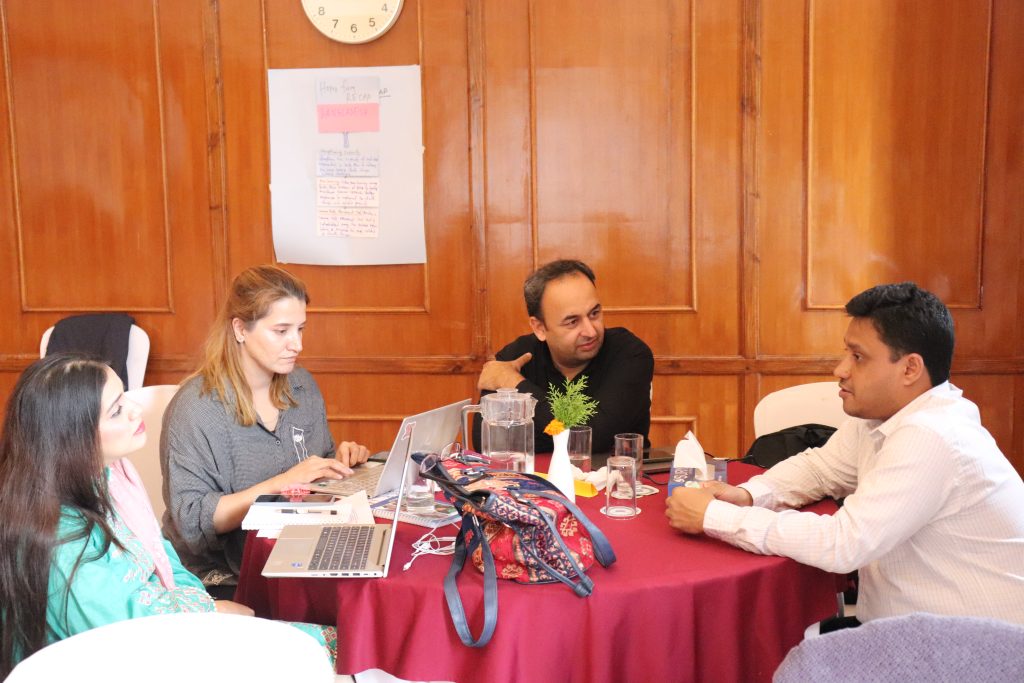
The day concluded with a coordination session, where the consortium agreed on key decisions to:
- Ensure qualitative and timely delivery of project outputs
- Strengthen cross-country collaboration and accountability
- Establish mechanisms for ongoing consortium coordination
Day 4: Exposure and Cultural Site Visit
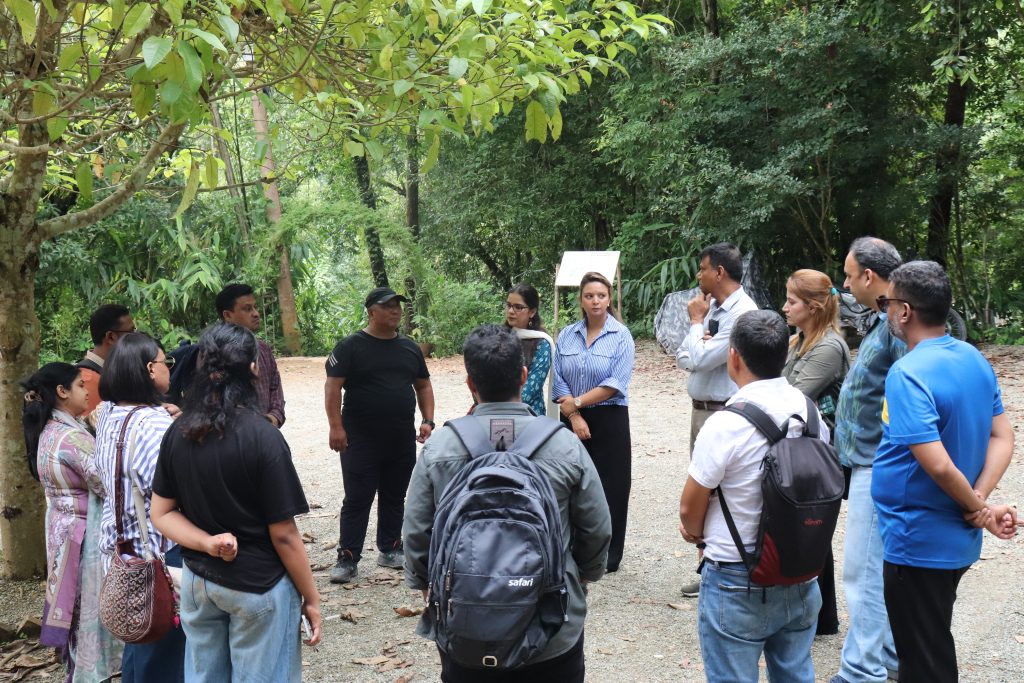
The final day began with an exposure visit to ICIMOD’s Living Mountain Lab, where participants explored climate-smart technologies and nature-based solutions in action. This hands-on experience deepened the connection between planning and field-level realities.
The day ended with a cultural visit to Bhaktapur, offering participants a glimpse into Nepal’s rich heritage and fostering informal exchange among regional partners.
The Journey Ahead
While the workshop served as the formal beginning of the RECAP initiative, it also laid the foundation for a much larger journey – one rooted in solidarity and shared learning. The partnerships and strategies formed during this workshop will guide the implementation phase, with the shared goal of enhancing climate resilience for vulnerable communities across South Asia.
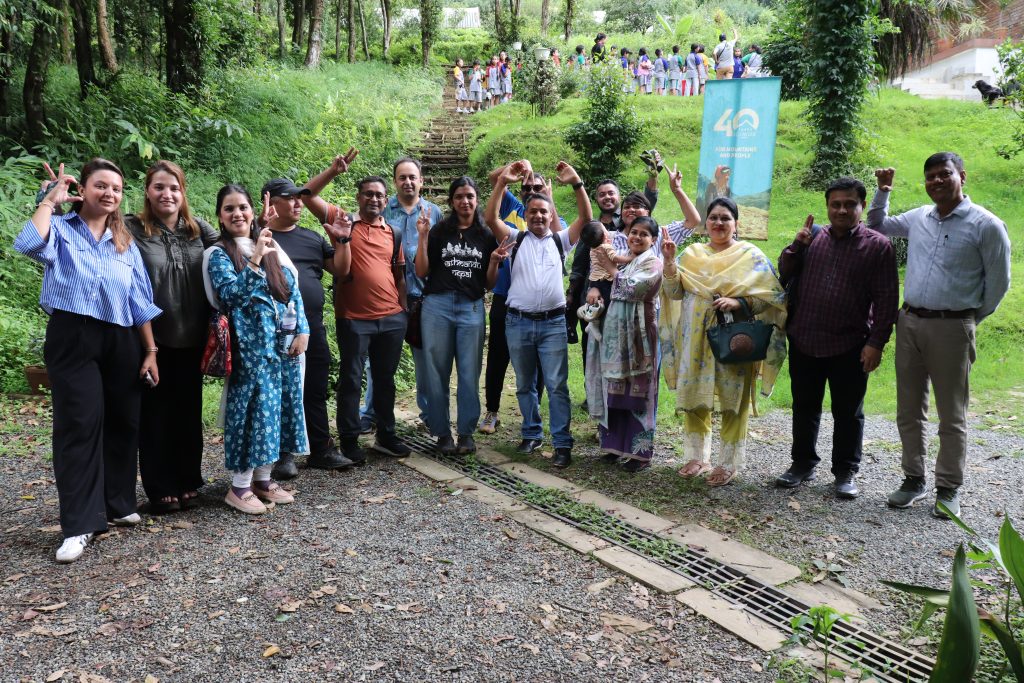
PEEDA extends its sincere thanks to all consortium partners and looks forward to the cross-border learning, knowledge exchange, and collective action in the months to come.
